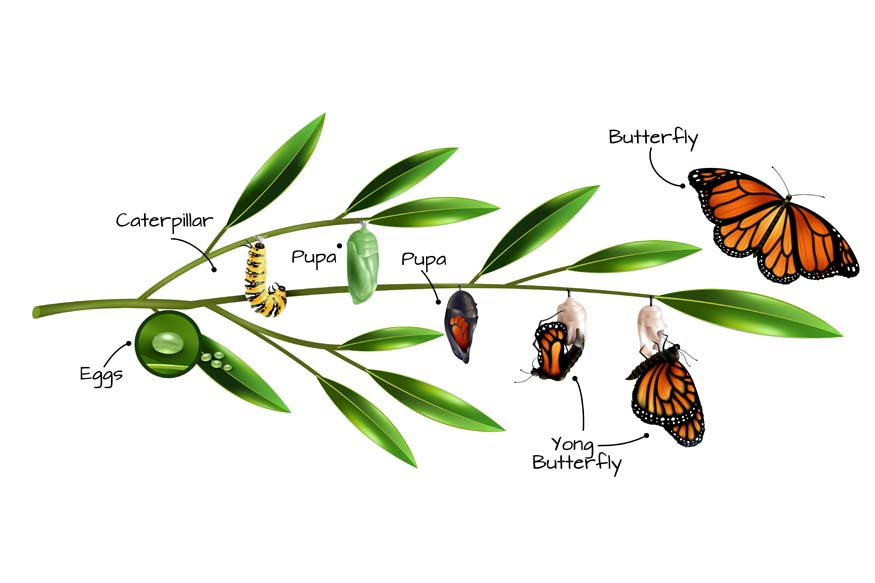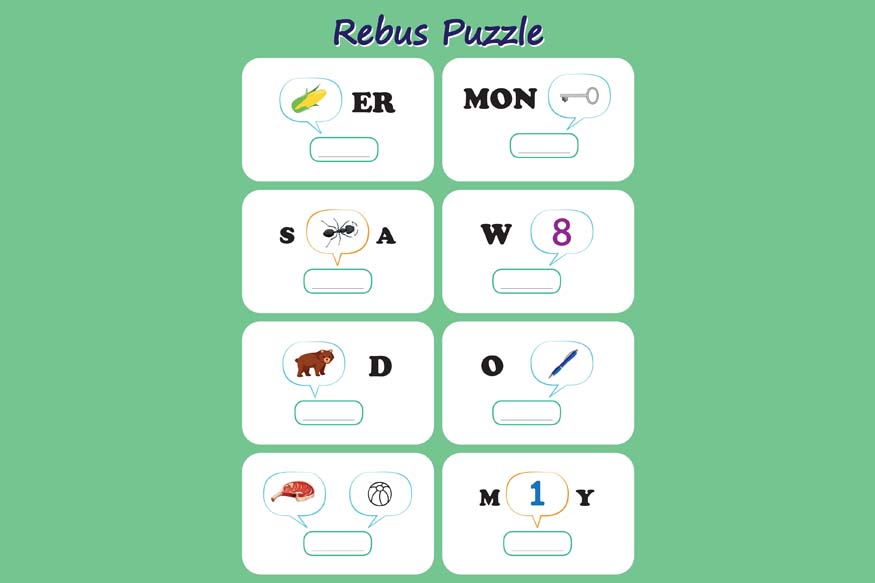As parents, it’s natural to want the best for our children and that includes helping them develop good habits. These habits that they pick up early will benefit them throughout their lives. While inculcating good habits, it’s equally important to recognise and address bad habits that can hinder their growth and well-being.
Bad habits can manifest in various ways and if left unchecked, can lead to negative consequences that affect their physical, emotional and mental health. In this article, we will explore the common bad habits that children often develop and provide practical tips on how to help them overcome them.
Understanding the root cause of bad habits
Understanding the root cause of bad habits in kids is crucial to addressing the behaviour effectively. It involves identifying the underlying emotions, needs or triggers driving the habit.
For example, a child who constantly interrupts others may be seeking attention or struggling with impulsivity. A child who procrastinates on homework may be afraid of failure or perfectionism. By understanding the root cause, parents and caregivers can develop targeted strategies to address the underlying issue, such as teaching alternative attention-seeking behaviours or providing support and resources to overcome fears and anxieties. This approach helps to address the habit at its core.
Types-
- Physical habits: These include habits such as thumb-sucking, nail-biting and hair-twirling which can lead to dental problems, social embarrassment and even physical harm.
- Behavioural habits: These include habits such as procrastination, lack of time management and disorganisation which can result in missed deadlines, lost opportunities and increased stress levels.
- Emotional habits: These include habits such as negative self-talk, self-doubt and emotional reactivity which can affect self confidence and relationships.
- Social habits: These include habits such as excessive screen time, social media addiction and peer pressure. These habits can result in a sedentary lifestyle, decreased attention span and unhealthy relationships.
To help your child overcome these bad habits and develop good ones, consider the following strategies:
- Set clear expectations and consequences: Establishing clear rules and consequences helps children understand what is expected of them. It also encourages them to make better choices. Make sure to communicate these expectations clearly and consistently enforce them.
- Model good behaviour: Children learn by observing, so make sure to model the habits you want them to adopt. If you want your child to develop a reading habit, let them see you reading regularly.
- Encourage self-reflection: Help your child identify their bad habits and understand the impact they have on their life. Encourage them to think critically about their habits and come up with solutions to change them.
- Offer positive reinforcement: Praise and reward your child for demonstrating good habits, such as completing homework on time or keeping their room tidy. Be specific with your praise and rewards. Make sure they are meaningful to your child.
- Provide alternatives: Help your child find healthier alternatives to bad habits, such as replacing screen time with outdoor activities or creative pursuits. Encourage them to try new things and explore their interests.
Here are some tips to help your child adapt good habits
- Create a routine: Establishing a daily routine helps children develop a sense of structure and predictability. A fixed schedule makes it easier for them to develop good habits.
- Make it fun: Make developing good habits a fun and enjoyable experience for your child. Turn chores into games or challenges and make learning a fun and interactive experience.
- Be patient and consistent: Developing good habits takes time and effort, so be patient and consistent in your approach. Avoid scolding or punishing your child for setbacks, and instead encourage them to try again.
- Understanding the trigger points: Identify the situations, emotions, or triggers that lead to bad habits. Once you understand what triggers the behaviour, you can develop strategies to help your child avoid or manage these triggers, replacing bad habits with healthier alternatives.
- Finding a way around it: Help your child find alternative behaviours or coping mechanisms to replace bad habits. For example, if they have a habit of biting their nails when stressed, find another way to manage stress, such as deep breathing, exercise, or creative expression.
- Provide resources: Provide your child with the resources they need to develop good habits, such as books, educational materials or equipment for a hobby.
- Celebrate milestones: Celebrate your child’s progress and milestones, no matter how small. This helps to reinforce positive behaviour and motivates them to continue developing good habits.
In conclusion, helping your child overcome bad habits requires a comprehensive approach that involves patience, consistency and positive reinforcement. At Centre Point School, we understand the importance of addressing behavioural aspects in children’s development. Our experienced educators provide a supportive environment that encourages positive growth. By setting clear expectations, modelling good behaviour and encouraging self-reflection, we empower children to take control of their habits.
Centre Point School has a holistic approach to education that ensures that children develop essential life skills, including self-regulation, problem-solving and resilience, enabling them to overcome bad habits and thrive in all aspects of life. Together, we can help your child break free from bad habits and develop a strong foundation for a happy, healthy and successful life.





